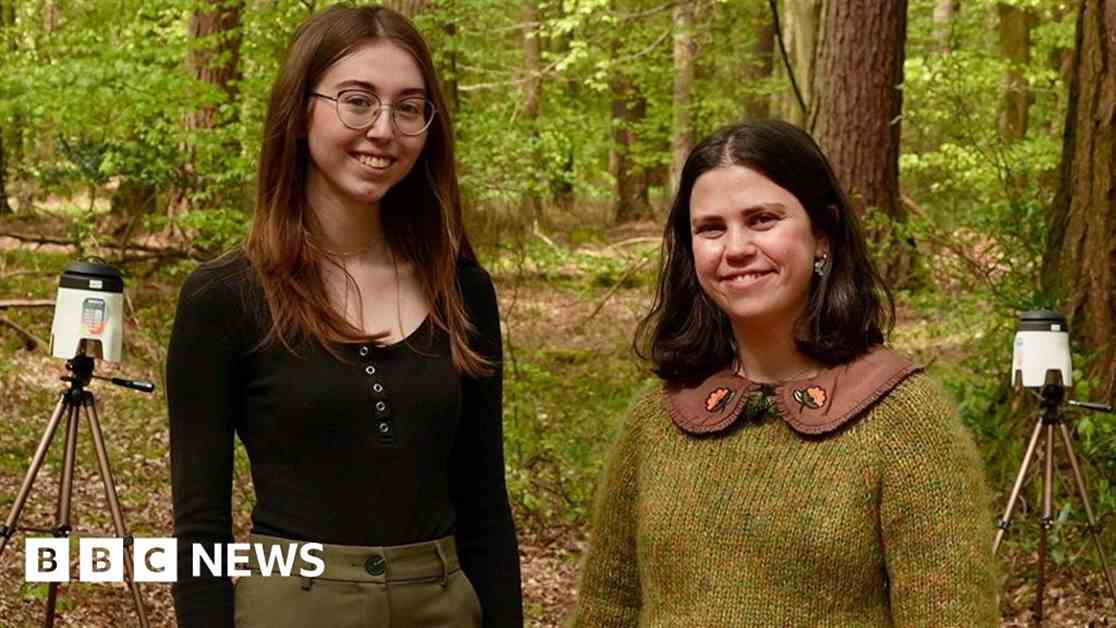Sampling DNA for Cheaper Food Prices
PhD students Jade Van-Wijk and Mia Berelson from the Earlham Institute in Norwich have placed air sampling devices in Thetford Forest on the Norfolk/Suffolk border. These devices are being used to sample DNA in the air to monitor the spread of deadly diseases, with the potential to make food prices cheaper.
The institute’s air sampler processes can detect bacteria, viruses, and other micro-organisms more quickly and accurately than other techniques, which could help farmers grow crops more cheaply and efficiently by reducing the need for as many chemicals. This innovation could also have a significant impact on environmental conservation work and public health measures.
The researchers have named their air samplers after characters from Pride and Prejudice, as all living things constantly shed bits of DNA into their surroundings. Mia Berelson explains that the devices work like a large hoover, sucking in over 200 liters of air per minute. The DNA collected on the filter is then sequenced to create a profile of the different organisms present in the area.
Several air samplers have been strategically placed across Norfolk, including locations like Brancaster, Norwich city center, Thetford Forest, and Carlton & Oulton Marshes in Suffolk. The team conducts sampling sessions every three months to track seasonal changes and will analyze the full results in Spring 2025.
Post-doctoral scientist Darren Heavens believes that this research will ultimately lead to cheaper food prices by allowing farmers to take a more targeted approach to spraying chemicals based on the pathogens detected in the air. The potential cost savings can then be passed on to customers, resulting in more affordable products. However, it may take some time before these benefits are reflected at the checkout counter.





















